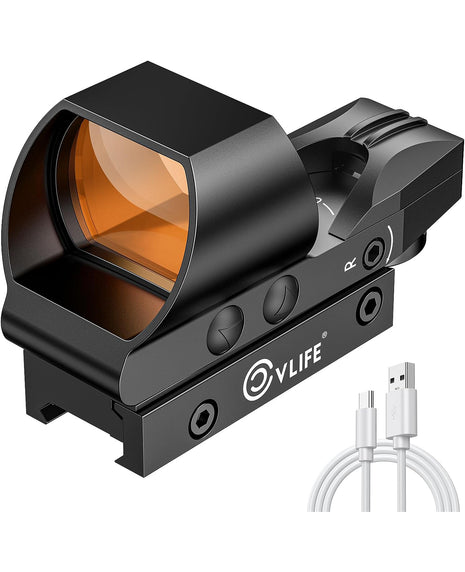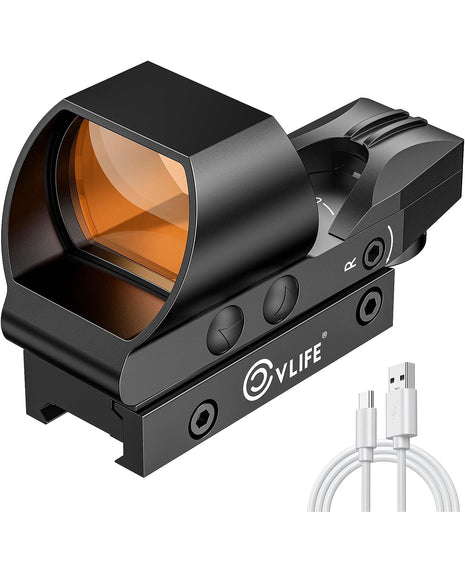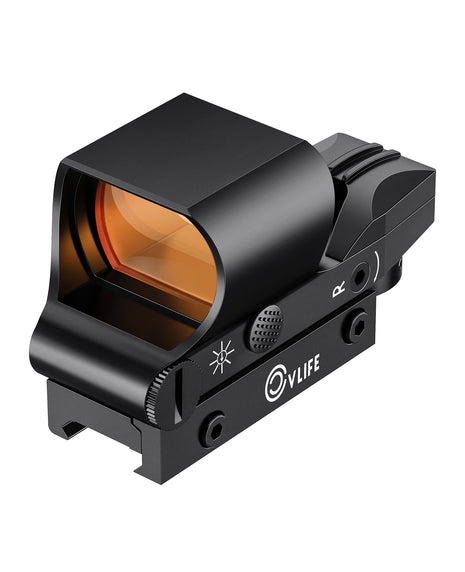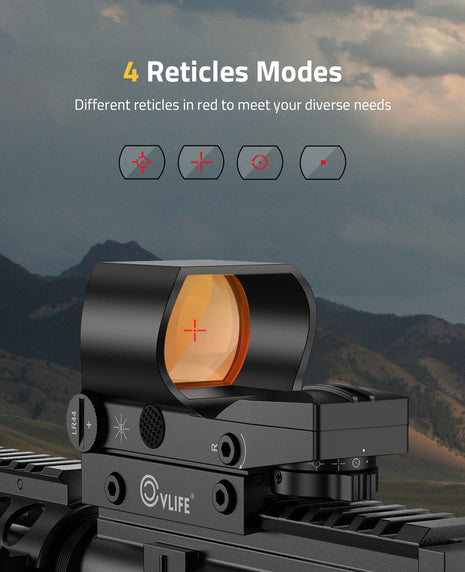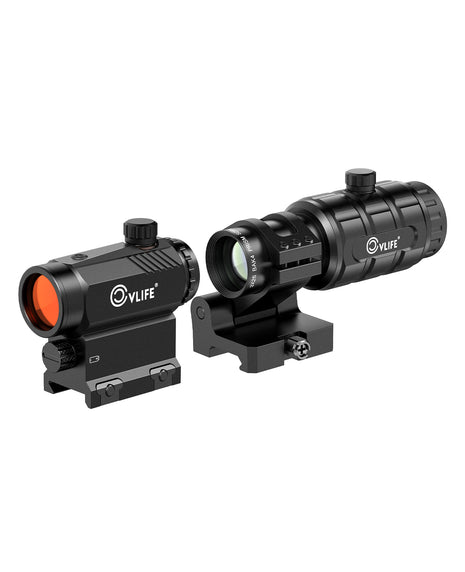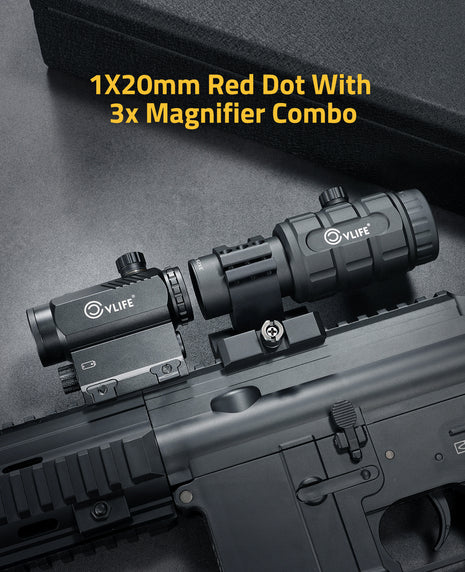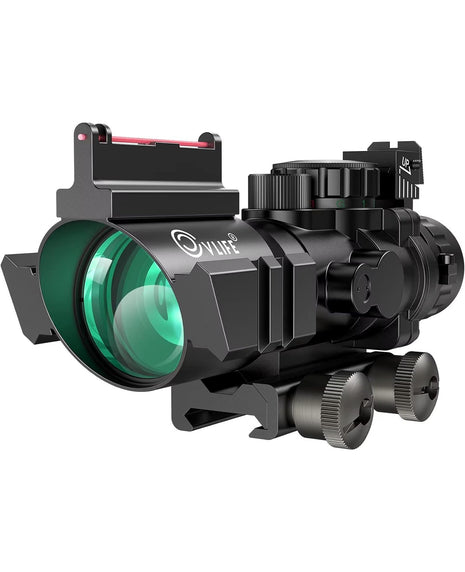The Importance and Use of Bipod for Hunting
- 3 min reading time

Latest bipods especially the AR series “the wheelers” as called come with various standard incorporated parts so as to achieve aim of motion reduction, stability and of course durability. Bipods generally must have flexible legs and durability of the legs themselves is key because should one leg break, automatically vision and target will be affected.
Latest bipods especially the AR series “the wheelers” as called come with various standard incorporated parts so as to achieve aim of motion reduction, stability and of course durability. Bipods generally must have flexible legs and durability of the legs themselves is key because should one leg break, automatically vision and target will be affected.

The need for precision in today’s world of advanced shooting system is a prerequisite for shooters if not of what need will it be if the shooter misses its target. Calculating total optic height above a receiver rail is tedious because of different specifications from bunch of manufacturers. So, the need to acquire good bipods comes into play.
Aluminum bipods are in vogue but there is still light at the end of the tunnel with the switch to more appropriate material of construction like polymeric substrate that will resist change in temperature and be suitable for all weather. In addition to that standard bipods should have quick detachable lever lock with full adjustability with a stiff lockable thumb wheel. The future development on bipods has not yet been half way explored because lot more has to be done on them to be much easier to handle.
The stand type of a good bipod should be rubberized with good extendable leg with notches. Furthermore, a good bipod should have a robust external spring tension control with solid integral spring catcher, legs with notches 0.6 inches apart for fixed position and flexible in between notch extensions, lock with wheel and retract by pressing retraction clamp. As a matter of fact, the folding operating instruction should be well read and complied with to avoid premature damage.
The bipod leg should be held first, then folded forward with lockable thumb wheel facing up and finally released when the leg is well positioned. For the leg extension and retraction: users must ensure the posi-lock wheel is fully released by turning it counter clockwise, extend the bipod leg by pulling it out and be set at any of the precut extension notches for s positive position finally to retract the bipod leg, the posi lock wheel should be loosen first and the leg retraction clamp before the extended leg is pushed up.



